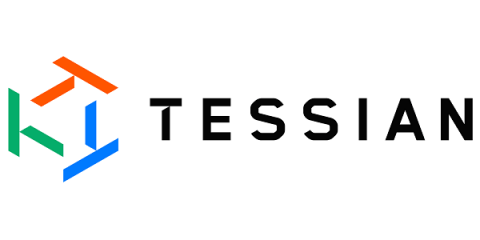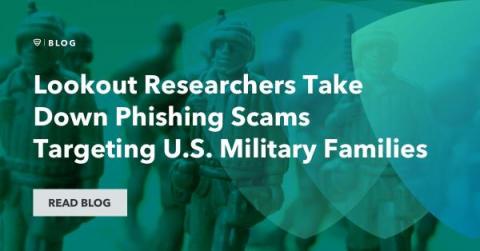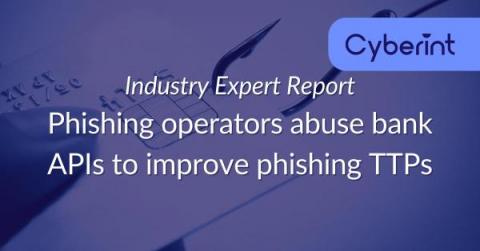Easily Find and Secure Sensitive Data in Gmail with Egnyte
Gmail is an immensely popular service, with nearly 2 billion active accounts. And as the service has grown, businesses have turned to it for all kinds of things it was never meant to do: user authentication, password recovery, and perhaps most problematic, the passing of sensitive or regulated data between parties.










